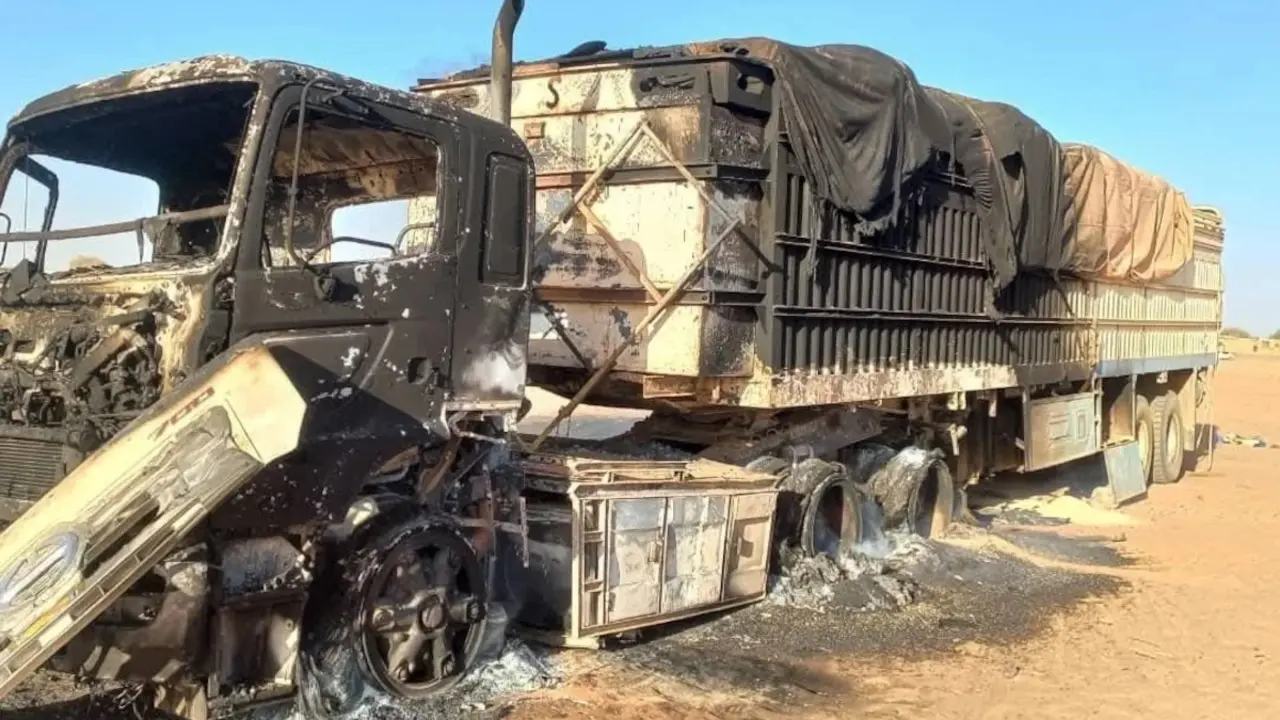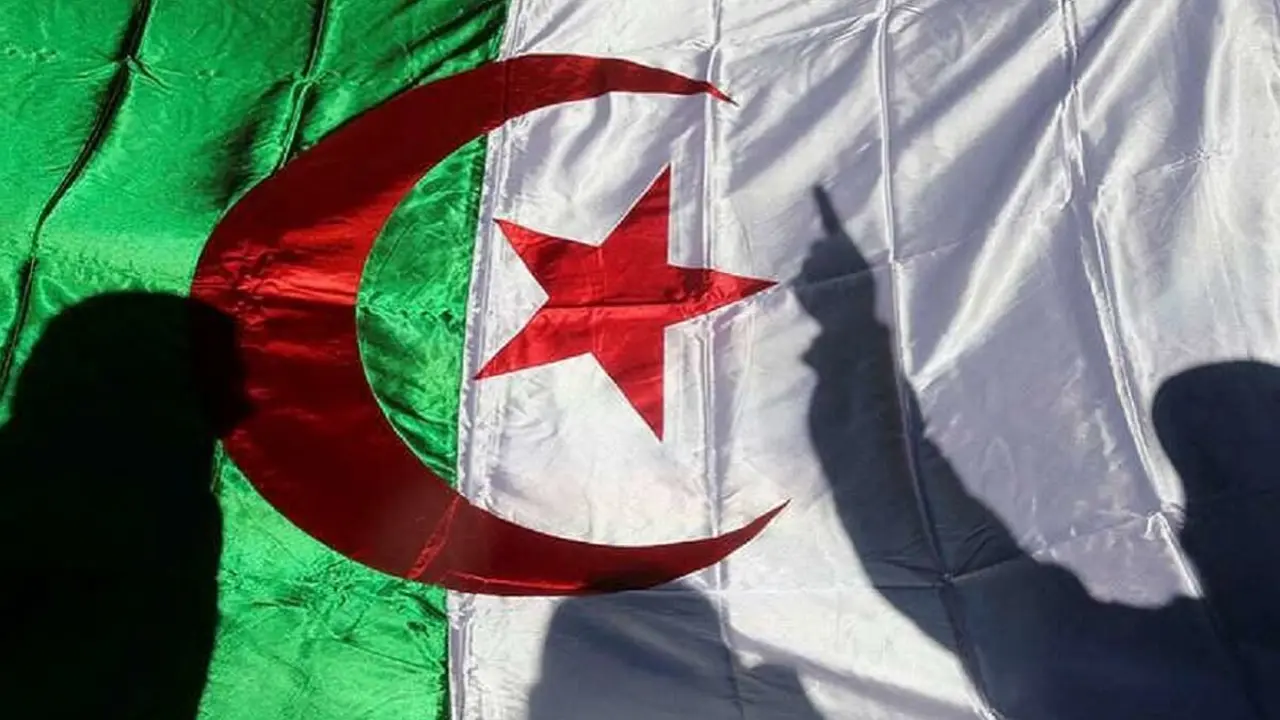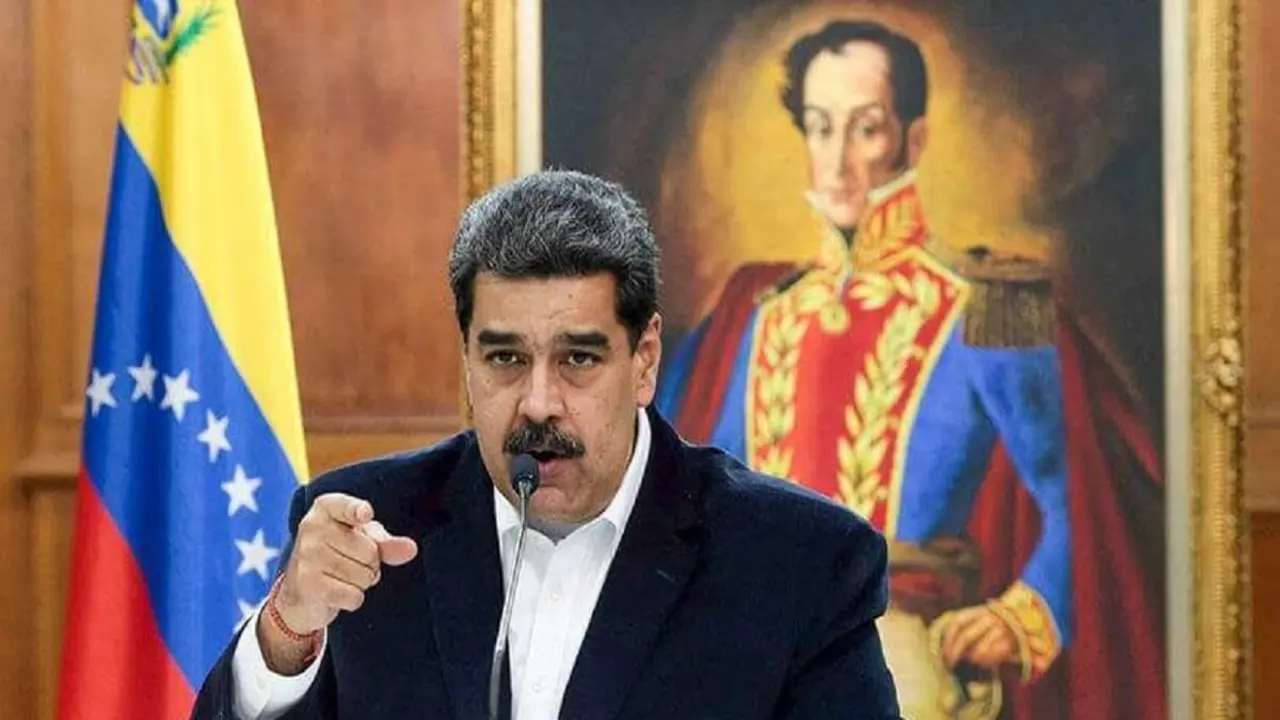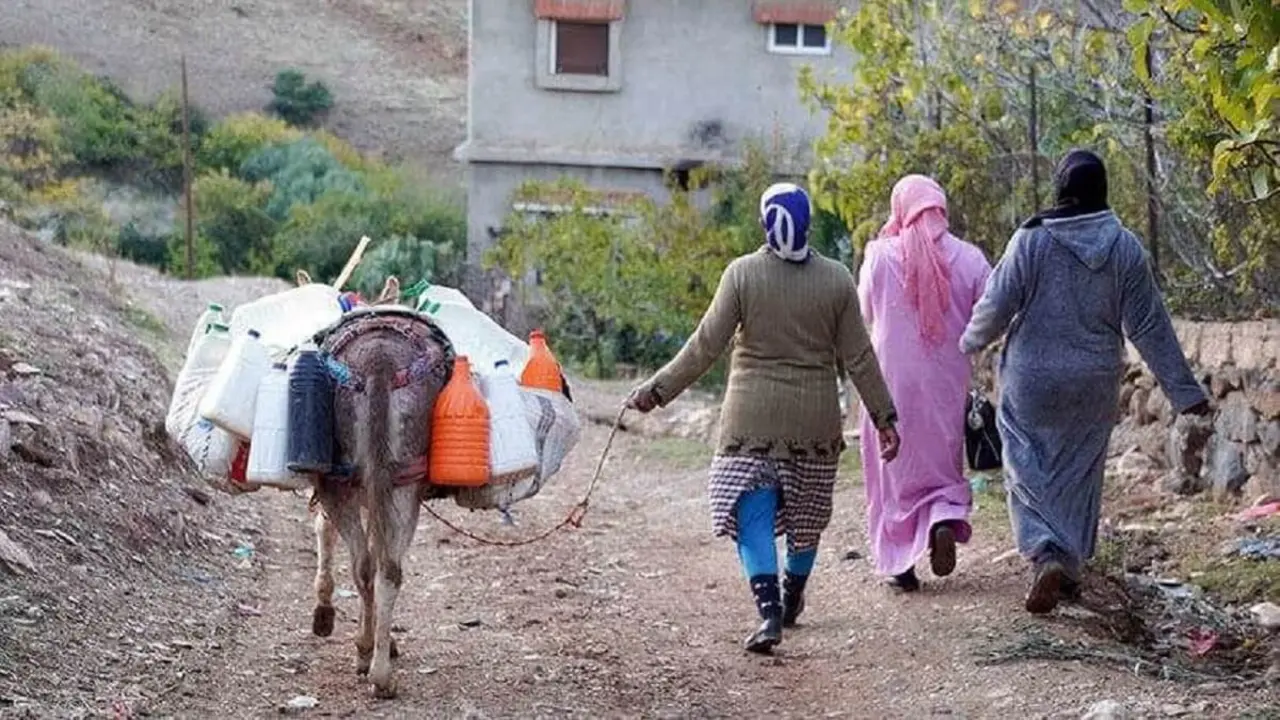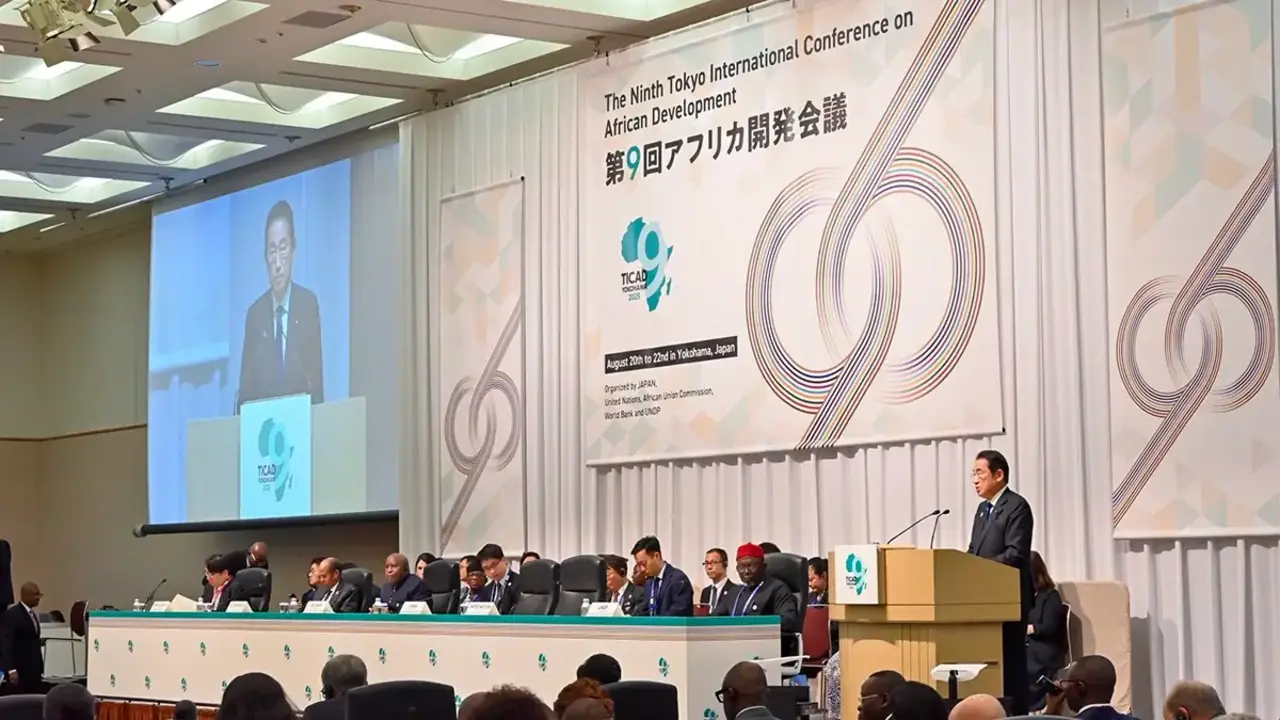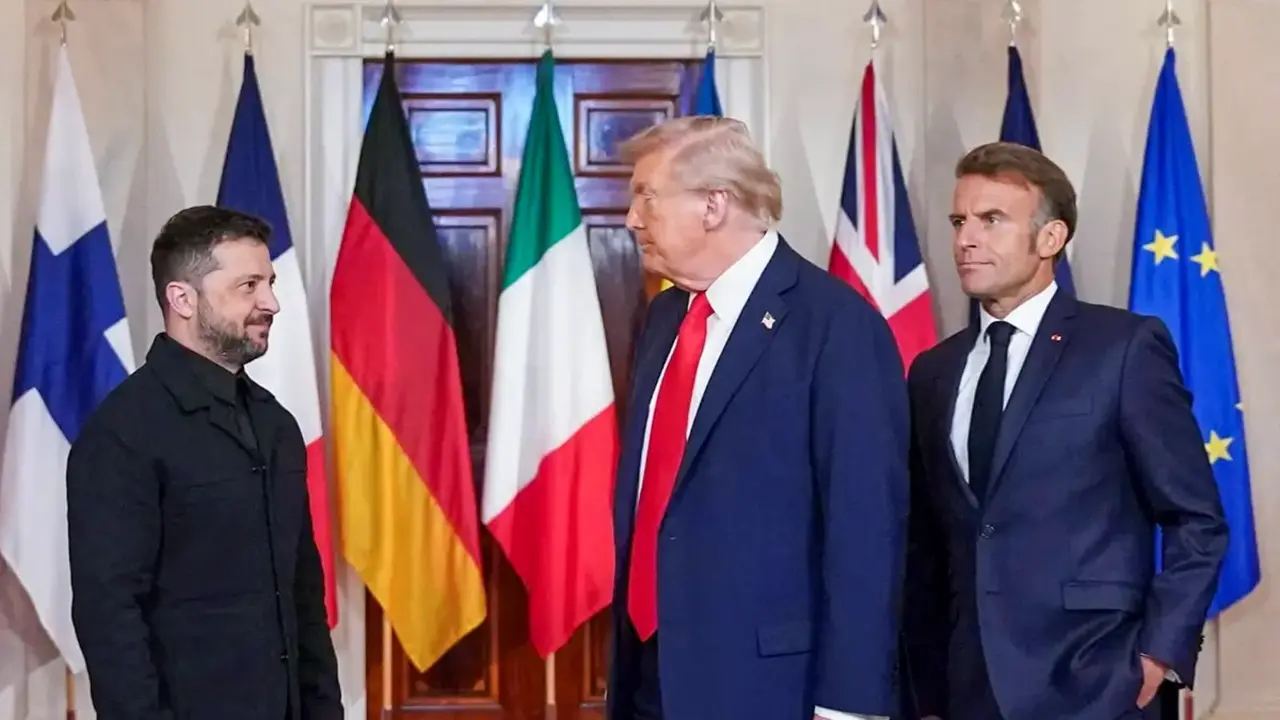The Arab Coalition and the Houthis open space for dialogue in Yemen
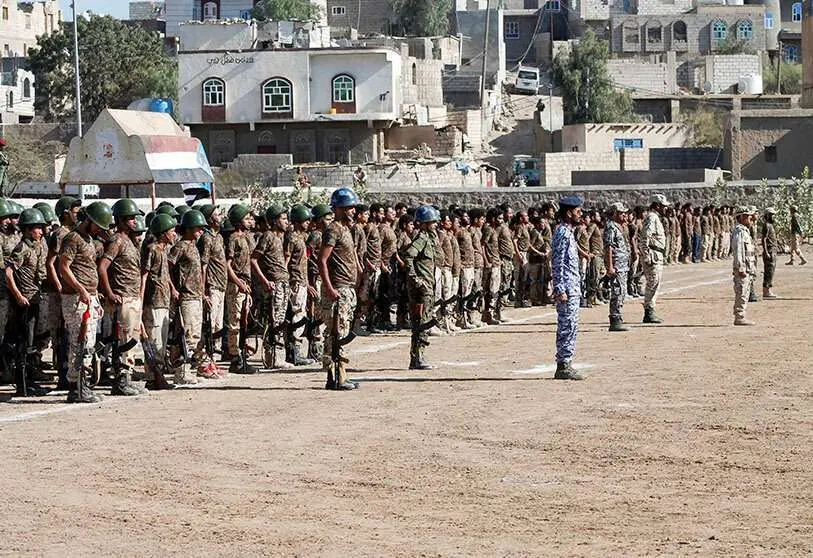
The Saudi-led coalition in support of the government of Abd Rabbuh Mansur al-Hadi and the Hutu rebels in Yemen opened a space for dialogue on Wednesday with the announcement of a ceasefire starting Thursday and a peace proposal, respectively.
After weeks of insisting that the parties cease hostilities to prepare for the arrival of the COVID-19 pandemic in one of the world's worst prepared countries for a health emergency, the protagonists of the conflict finally took a step forward that opens a window for dialogue. The spokesman for the Saudi Arabian-led military coalition, Turki al-Maliki, announced a two-week ceasefire that will begin at noon on Thursday, 8 April.
Al-Maliki said, according to the official Saudi news agency SPA, that this decision seeks to “create the appropriate conditions” to implement the call made a few days ago by the UN special envoy to Yemen, Martin Griffiths, for a cessation of hostilities in the face of the COVID-19 pandemic.
The coalition spokesman said that this enabling environment would open the door to a meeting between the internationally recognized government of Yemen, the Houthis and a “military team” from the alliance with Griffiths to “address their proposals on steps and mechanisms to implement a permanent ceasefire in Yemen”.
He said the Arab Coalition command supports the calls of UN Secretary-General António Guterres, who on 23 March called for a “global ceasefire in the face of COVID-19”.
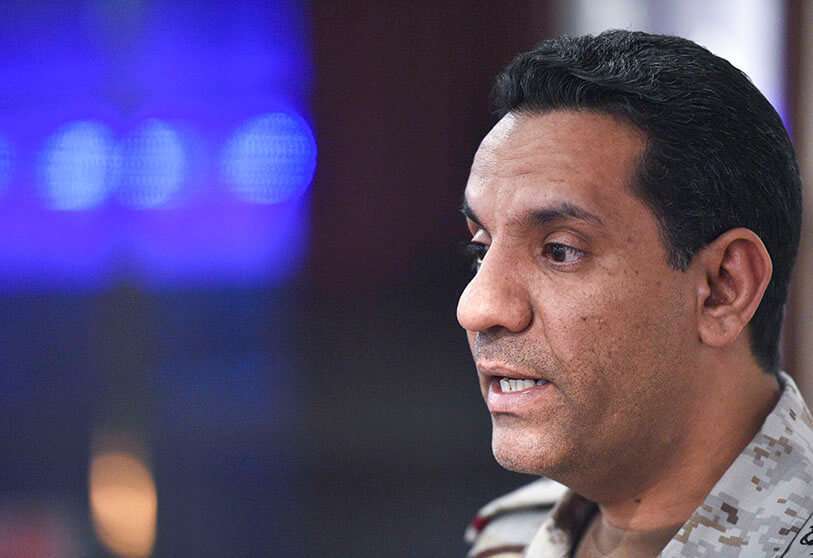
Minutes before the Saudi announcement, the Houthi rebels released their own plan to close the conflict on terms they deemed appropriate.
The Houthis noted that the proposal, which was publicized by related media and the main spokesman for the rebels, Muhamad Abdusalam, has been sent to the UN as a draft peace agreement with the Arab coalition for a total ceasefire and a suspension of all military activities.
The rebels, who overthrew the Al-Hadi government in 2014 and took over Sana'a and large areas in the west and northwest of the country, are demanding an end to the “foreign presence in all Yemeni territories, islands, ports and airspace”.
Similarly, the eight-page document establishes the end of the air, sea and land blockade that the Coalition has been exercising on the territory controlled by the Houthis since 2015. Likewise, the rebel movement accused of receiving support from Iran calls for a political process among Yemenis to establish the basis for a transition process. On 25 March, the head of the Houthi Supreme Council, Mahdi al-Mashat, called on Saudi Arabia “to desist and to resort to reason”, in order to find a path towards peace.
That day marked five years since the beginning of the alliance's military intervention led by Saudi Arabia in support of the Al-Hadi Government and the escalation of a conflict that has left the country in ruins, which in the words of the UN is the worst humanitarian catastrophe on the planet.
Following the announcement, Griffiths reacted by welcoming the Saudi ceasefire decision in support of UN efforts to prepare for the risks of COVID-19. “I am grateful to the Kingdom of Saudi Arabia and the Arab coalition for recognizing and acting at this critical time,” Griffiths said in a statement released by his office.
The U.N. official called on the parties to seize this opportunity to “immediately cease all hostilities with the utmost urgency and make progress toward a comprehensive and sustainable peace”. In recent days, both Guterres and Griffiths had reiterated their calls to the parties to stop the conflict amid the advance of the coronavirus around the world.
Yemen, a country where some 80 per cent of its 30 million people need humanitarian aid to meet some of their basic needs, is one of the nations with the worst health infrastructure to deal with the pandemic.


